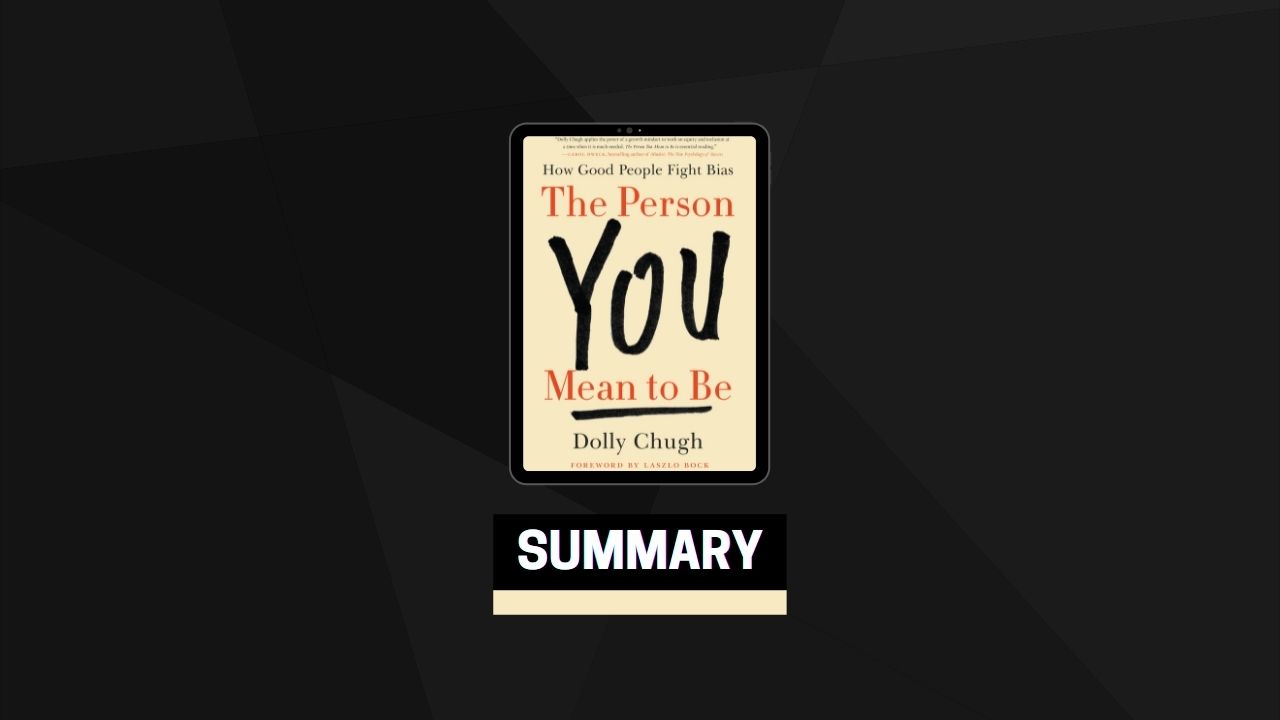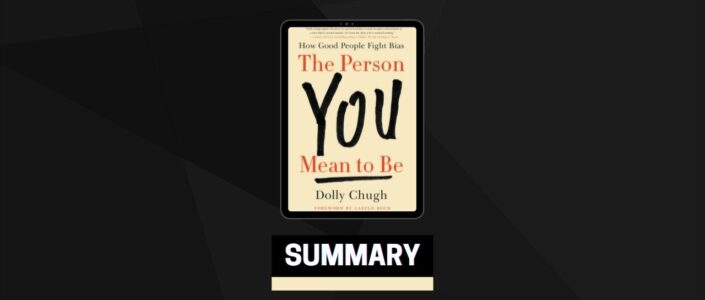1: Stumbling Upward
How to Activate Your Growth Mindset
Everyone stumbles. Let’s say someone suggests that you have said or done something racist or sexist or homophobic, or you are wrestling in your own mind with something you might have done. Be on the alert for the fixed mindset voice declaring: “I’m not a racist!” When this happens, you are probably slipping into an either/or mindset. If you find yourself telling others how you support people from marginalized groups, that is another possible sign of a fixed mindset (especially if the people you are telling this to are from a marginalized group). If you keep repeating what you “really” meant, that is another possible sign.
When you activate a growth mindset voice, you are more likely to respond, “I don’t really understand what I did wrong, but I would like to understand,” or to take the time to figure it out on your own. You are more likely to apologize by saying “I am sorry, I was wrong” than by saying “I am sorry you were offended,” which points the finger at the other person for taking offense rather than at ourselves for delivering the offense. In a growth mindset, you are more likely to accept that your apology may not erase the damage done, and to refrain from reburdening the other person by asking them to make you feel better or put their anger aside. If these are new ways of responding, you may feel uncomfortable. Keep trying. Like all habits, these get easier with practice.
As builders, we are ready to look at ourselves as individuals who carry unconscious biases and examine ourselves as part of systems in which biases are baked in culturally, legally, and structurally. To confront both unconscious and systemic bias, we will need to keep our growth mindsets activated.
2: One of the “Good Guys”
To start, learn more about your own unconscious biases. Take the Implicit Association Test at https://implicit.harvard.edu. If you have already taken the IAT and remember your results, then you may want to take it again. Because you have activated your growth mindset, you are also now more likely to select the IAT that makes you feel anxious, maybe because you think you will not like your result or because you care so much about that issue. Your growth mindset enables you to go into spaces you might not have been ready for in a fixed mindset.
Where might your biases show up? Map it out, based on how you spend your days. If you are a product designer, look at who tests your products and what conferences you attend. If you are an independent tax accountant, look at what assumptions you make about your clients when inquiring about possible deductions and how often you receive inquiries from clients who do not look like you. If you are a physical therapist, look at how you respond to complaints of pain from patients and how much scientific language you use in your explanations. If you are a parent, consider what books you read to your children and what household tasks you expect of them. Our roles will shape where we look for the leakage of our unconscious biases.
3: Knowing It When You Don’t See It
How to See More, Respectfully
As you make your own efforts to counter the confirmation bias by entering conversations and spaces where people from marginalized groups are speaking more freely than usual, be prepared. Know that you will feel self-threat and that affirmation will not always be provided. You may be turned off by the anger some people express or you may feel that the demographic you are part of has been unfairly characterized or mocked. Many of us have the instinct to exit or fight this conversation. Remember, that you are a work-in-progress and consider these principles on how to see more, respectfully.
First, recognize that you are in a space where people are speaking more freely than you are used to. In many spaces, people from marginalized groups temper their emotions and withhold their true thoughts. As a result, some of us are accustomed to emotionally comfortable spaces and may bristle when authentic emotions and thoughts are shared. That moment of bristling is a sign that you have unusual access at the moment. You are hearing what some people really think and feel. Do not allow yourself to write off what you are hearing as “divisive.” Stay where you are, so you can learn more, rather than exiting. Don’t give up that access.
Second, avoid jumping into others’ conversations, arguing for your perspective, or sharing your views and experiences. You will feel self-threat that will make you crave affirmation. Don’t let that cookie craving lead you to crowd out or hijack the discussion. Third, notice the judgments you are having about other people. Take note when you have thoughts like “She would be a lot more effective if she said . . .” or “He is making things worse the way he is going about this.” Challenge yourself to hear their experience without questioning its expression. Avoid being the tone police.
Fourth, whether or not you believe what you are hearing to be true, assume half of the statement is true. Let’s say someone says that “black people are never given a chance” and you can immediately generate a dozen counterexamples to reject this claim. Avoid rejecting the point because of your reflexive analysis. Imagine what the world would be like if it were halfway true. Do not lose the opportunity to learn by getting caught up in an argument. In fact, these are the moments when your opportunities to be a builder will be unusually visible.
4: Keep Your Eyes Open, Anyway
How to Keep Your Eyes Open
Opting for willful awareness can come in a variety of forms, including what Jack Welch, the former CEO of General Electric, called “reverse mentoring.” Younger folks often reverse mentor their bosses, parents, and grandparents about technology. Young people field many a phone call from Grandpa about the “weefee” (wifi) not working or an email from a boss asking for help printing an attachment
Consider the differences in a world experienced by a young person in 2018 versus 1998 versus 1968 versus 1948. We are each a product of the time and place in which we live. Look for the opportunity to ask someone of a different time and place about his or her perspective. Reverse mentoring sounds very formal, but it can be casual. Start a conversation with a young cashier or a young colleague or a young relative.
It can be a one-off conversation or an ongoing dialogue. Ask their views on current events. Ask them about what is considered “normal” in their peer group, who is excluded or included, who is considered cool, and what is considered taboo to say. Ask them to challenge a perspective you have as “old-fashioned” and then really listen to the challenge. Ask multiple people to create a more well-rounded perspective. You do not need to accept their perspective as truth, but you can use it to nudge your time-and-place perspective toward willful awareness.
Many other resources also exist to help us pivot toward willful awareness. For example, black female activists Leslie Mac and Marissa Jenae Johnson created a powerful resource called the Safety Pin Box. They were frustrated by the empty promise of people wearing safety pins to signal their allyship with marginalized groups after the election of Donald Trump, without any thought of how they would act to support those people. What was needed, they argued, was not the show of safety pins but measurable advances in awareness, action, and financial support for people on the front lines of activism.
To this end, they created a paid subscription program delivering specific learning and tasks each month for those interested in “putting your money, and your time, where your mouth is . . . every single month.” The subscription fees support social justice activists and work (full disclosure: I was a subscriber, though I was not an active participant). Each monthly task guides learners to educate themselves on topics ranging from reproductive justice to colonialism to law enforcement. Social media, webinars, and workshops create accountability and provide learning support. This is just one of the possible paths out of willful ignorance. We can keep our eyes open in a variety of ways as long as they stay open.
As we strive to keep our eyes open, we want to also be aware of some common psychological pitfalls. Even with our growth mindset activated and our ordinary privilege visible, our good intentions may lead us astray. So the next step in our willful awareness is to be aware of those dangerous modes of being good people. We need to know what to look out for.


